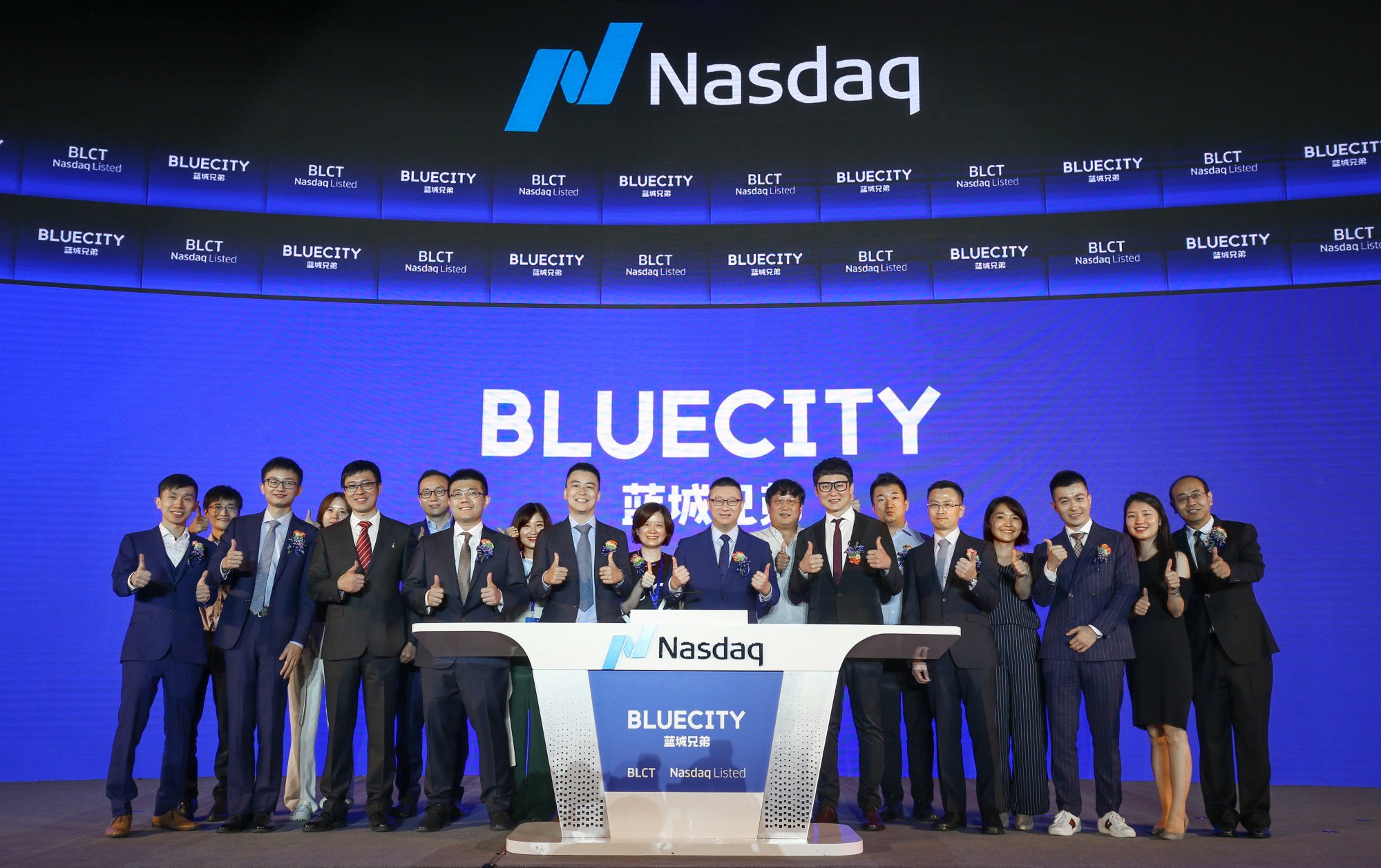
Chinese app factory Newborn Town has designs on Southeast Asia with many smaller platforms, flipping the TikTok model
- As political scrutiny of Chinese apps grows overseas, Newborn Town is finding success by churning out multiple social media and dating apps
- Co-founder Li Ping says Newborn started by focusing on China, but quickly realised there were greater opportunities in other markets with less competition
Yumy, Mico and Yoho are all hit social media and dating apps in Southeast Asia and the Middle East. They also have something else in common: a single Chinese developer.
Just as made-in-China goods are a staple of retail outlets around the world, China’s internet service boom in the last two decades has created an army of app factories with ambitions to turn their apps into household names overseas. And despite rising political scrutiny, Chinese developers like Newborn Town are increasingly proving they have the ability to pull it off.

Li’s journey to starting a business that churns out apps had humble beginnings. He initially struggled to find an ideal job after he graduated from Hebei Normal University of Science & Technology in 2011, a regional university known for training teachers, when he moved to Beijing in search of a more promising future, like many other ambitious young people at the time.
The move proved fortuitous in a different way, however: Li met Liu Chunhe, who was looking for a partner to help start a business in the days when seemingly all of China was still gripped by the excitement of entrepreneurship.
“When we look back, we started the new business maybe simply because he couldn’t find people to join his business, and I couldn’t find a job, so we hit it off,” Li said.
Montana becomes first US state to fully ban TikTok
This boom provided the talent and experience that Newborn Town needed as it focused on overseas markets, where competition was relatively light. The company now owns a number of social media apps, including the gay dating app Blued since becoming the majority shareholder of BlueCity Holdings.
The company’s social media apps have an average of 22.9 million monthly active users, according to its annual report. It reported 2.8 billion yuan (US$395.8 million) in revenue for 2022, up 18.6 per cent year on year. Profit is rising even faster, jumping 174.2 per cent last year to 287.3 million yuan.
In 2021, Li took the reins as CEO from Liu, who currently serves as chairman.
In its effort to conquer overseas markets, the company has been producing many localised marketing campaigns. Mico, for example, launched product theme songs in Thailand and Vietnam last year. Its song for Thailand titled “Tuk Krub” has been played 120 million times on YouTube. It was also a top-five song by highest annual click volume, as counted by a local mainstream music platform, according to Newborn.
“When people start a business in their home country, it’s natural to look at the domestic market,” Li said. “At the very beginning, we also did a similar thing, but when we look at the overseas market … we realise the market outside China is definitely a bigger market.”
“Southeast Asia and the Middle East provide advantages over other markets as they are growing fast, digitally centric and quite ‘hot’ right now for businesses looking to expand globally,” said Mark Tanner, the managing director of China Skinny.
Geopolitical risks are also much lower in the region, where countries “generally have better relationships with Beijing and/or much more economic exposure”, according to Tanner.

Last year, Newborn expanded into LGBTQ social networking. Metaclass Management ELP, a fund founded through a capital contribution from Newborn Town, participated in the privatisation of BlueCity. Under a new purchase agreement announced in March, Newborn became the company’s controlling shareholder.
“Our chairman was connected with the founder of BlueCity, and when we talked about the [purchase], we hit it off,” Li said. “We are searching for an expansion of the social media sector, based on users’ real needs, and also reached a consensus with the original team of BlueCity. So the process took less than a year, and it was relatively quick.”
“As you can imagine, LGBTQ people finding partners, in reality, can be very inefficient,” Li added. “But if they do this through social media platforms, the efficiency can be greatly improved, and will gradually form their own community atmosphere.”
Chinese companies now face increased risks and complexity in overseas expansion, according to a Bain & Company report released earlier this year.
Bain Partner Larry Zhu cautioned enterprises to have “the right expectations” when it comes to geopolitical risks. “We don’t want to present a false picture of peace and prosperity,” he said. “The geopolitical issue is becoming more obvious … especially when big events like the US presidential election take place next year.”
Li thinks the most important factor in overseas expansion is to just follow local regulations. “When you think about a business model, you must conform to the rules of Apple’s App Store and Google Play and the policies of each market where our business lies,” he said.
Thinking back on his whole journey, Li said difficulties have always been present. “I have to admit that, of course, we failed many times. Sometimes things can get stuck. It has many twists and turns,” he said. “If we do everything right, maybe we will be more confident now.”


